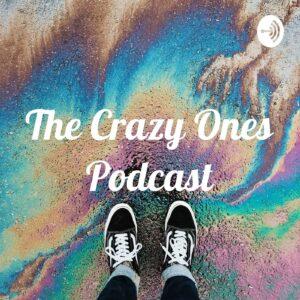
In this episode of Startalk Radio, Dr. Nick Tiller, a senior research fellow in exercise physiology and author of “The Skeptic’s Guide to Sports Science,” joins the show to discuss the fact and fiction of health and wellness. With the health and fitness industry valued at around $4 trillion globally, it’s crucial to engage our critical thinking and skeptical minds when it comes to navigating through the abundance of information. Dr. Tiller emphasizes the importance of the scientific process, evidence-based practice, and remaining humble in our pursuit of knowledge.
The health and fitness industry is a multi-trillion dollar industry that often prioritizes marketing over science. Quick-fix solutions are favored, leading to a disparity between claims and evidence for certain products, such as chiropractic. It is crucial to engage our critical thinking and remain skeptical in the face of misinformation and disinformation.
The placebo effect plays a role in the perceived benefits of products, including massage guns. While some benefits may be attributed to the placebo effect, using placebo products to treat real medical ailments can have adverse effects. The gray area of harm is a concern, especially in high-performance sports where every advantage counts.
Modern marketing and social media can hijack our critical faculties and lead to inaccurate conclusions. Our brains are wired to recognize patterns, but they struggle to decipher the true underlying reasons. Improved personal science literacy is necessary to identify modern patterns and make informed decisions. Intuition must be balanced with intellect to navigate the complexities of the health and fitness industry.
Pseudo-science and alternative therapies can be harmful, and their effectiveness is often questionable. Athletes are at the forefront of using complimentary and alternative medicine, but it is important to critically evaluate the evidence behind these practices. Additionally, the majority of dietary supplements lack a strong evidence base, and weight loss is not solely dependent on exercise.
Social media can be a breeding ground for misinformation and disinformation. Influencers with large followings may have ulterior motives, such as sponsorships and product sales. It is crucial to look beyond follower counts and assess advice based on merit and scientific evidence. High-profile athletes may have influence, but their advice may not always be reliable.
The fact and fiction of health and wellness can be difficult to navigate in today’s world. Engaging our critical thinking and skepticism, prioritizing evidence-based practice, and improving personal science literacy are crucial steps in making informed decisions about our health and wellness. By questioning claims, recognizing patterns, and seeking reliable sources of information, we can separate fact from fiction in the health and fitness industry.